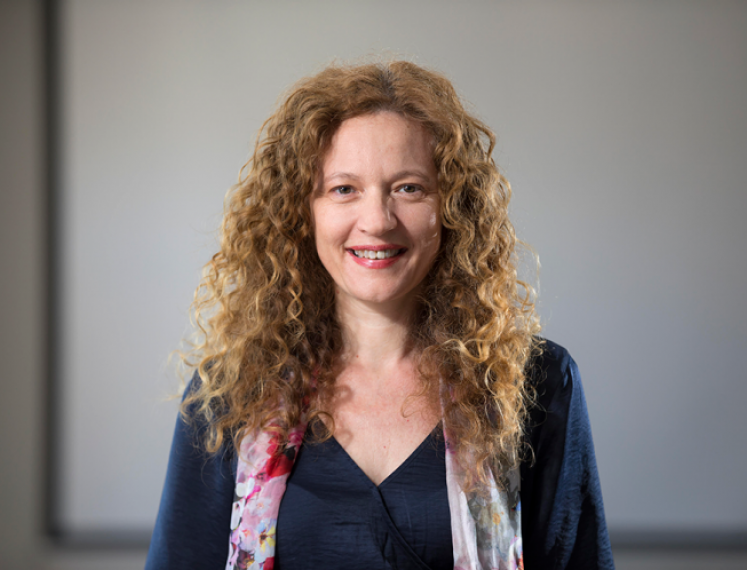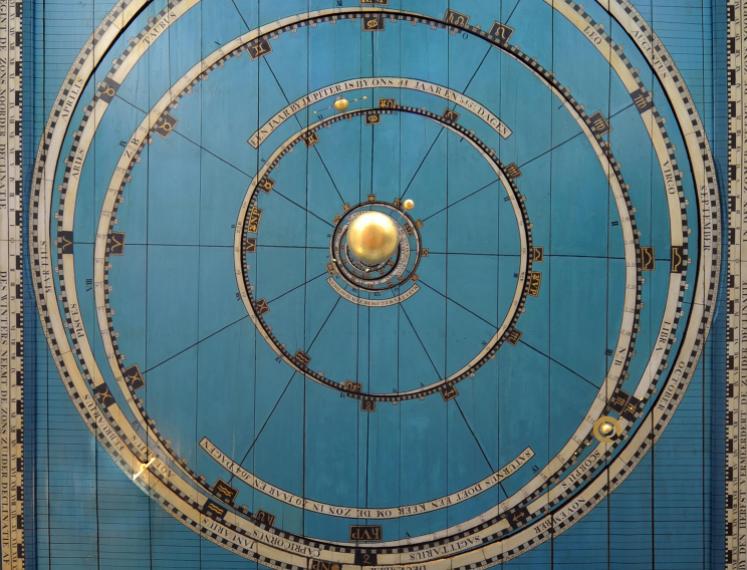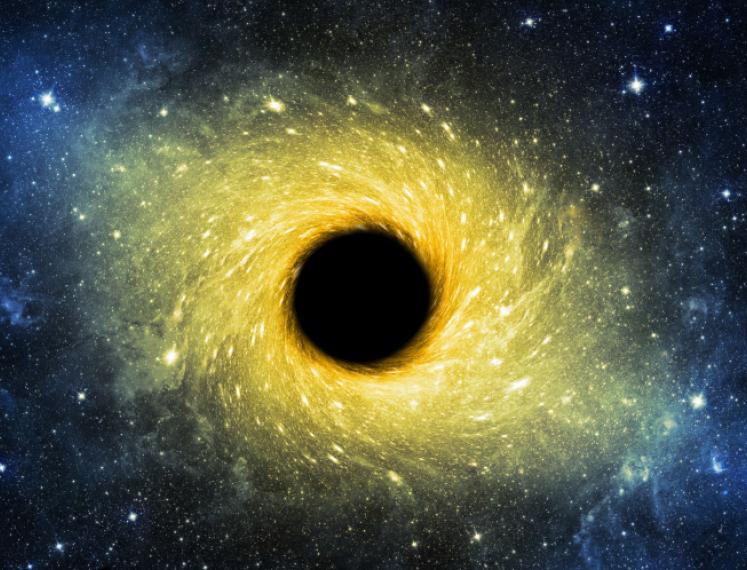
Westerkerk
Bagijnestraat 59
Leeuwarden
Nederland
Archaeology with stars
How do galaxies evolve? What is the history of the creation of the Milky Way? And how do we create our story about this? In her lecture, Amina Helmi, professor of Dynamics, Structure and Formation of the Milky Way at the University of Groningen’s Kapteyn Institute, will take you back in time to when our Milky Way was itself still young. There are billions of galaxies like the Milky Way in space. In this sense, our Milky Way is hardly special, but it is the galaxy we know best since we can study it in much greater detail than other ones. Thanks to new instruments and research which the ESA space mission Gaia has yielded, this extraterrestrial quest has gone stratospheric. The mission is currently charting the Milky Way right down to minute details, which is revolutionising our understanding of the galaxy. This new information allows us to reshape the story of the evolution of the Milky Way, conducting ‘galactic archaeology’, in a manner of speaking.
Amina Helmi is Professor of Dynamics, Structure and Formation of the Milky Way at the University of Groningen’s Kapteyn Institute. Since arriving in Groningen in 2003, she has rapidly evolved into one of the most successful young astronomers in the world. Her love of the stars led to her gaining global renown as the founder and pioneer of Galactic Archaeology, the study of the origin and evolution of our Milky Way and of other galaxies in space.
This lecture is in English and has been organised together with Studium Generale Leeuwarden and Explore the North.


